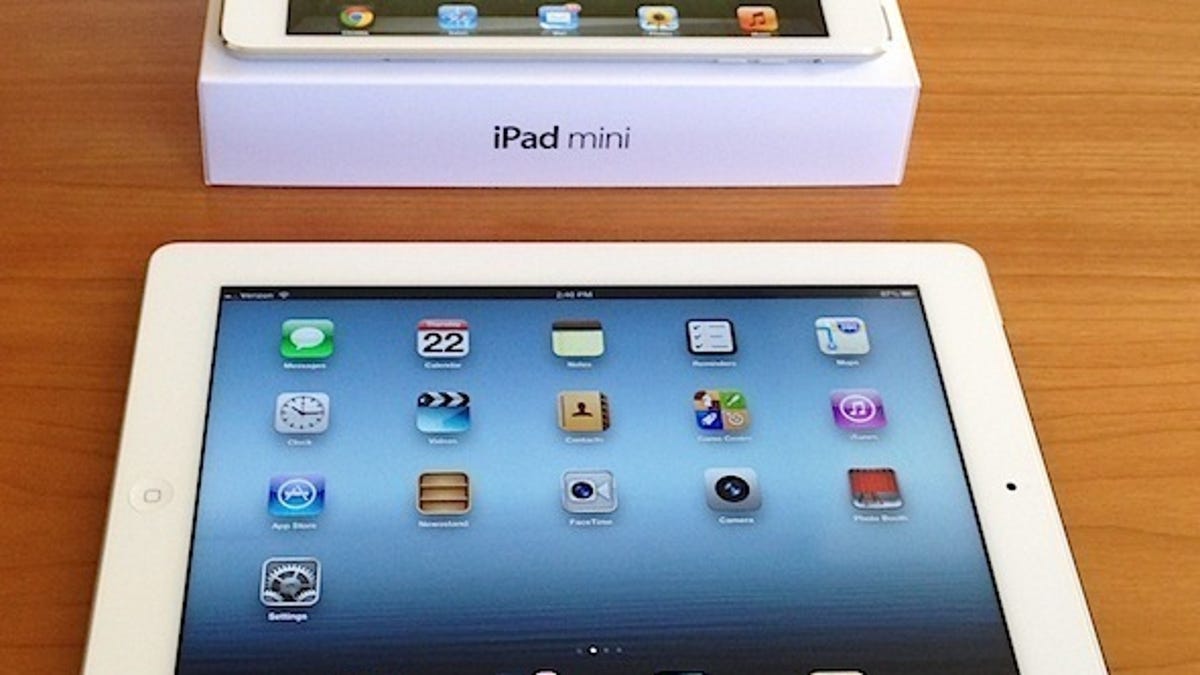Sharp cuts iPad screen output -- due to iPad Mini success?
The company is allegedly cutting its production of the 9.7-inch iPad screen, possibly to make up for increasing demand for the iPad Mini.

Apple has asked Sharp to decrease production of its 9.7-inch iPad screens, leading some to wonder if the iPad Mini is behind the move.
Sharp's iPad screen production line has fallen to "minimal level," Reuters reported today, citing people who claim to have knowledge of its output. The sources say the production slowdown commenced late last year.
Those sources say that the slowdown could be due to consumer demand increasingly shifting to the iPad Mini, though they would not say how much Apple's smaller slate could be impacting screen production. It's also possible, the sources said, that it's simply a seasonal correction.
The iPad's production isn't the only thing being called into question. Earlier this week, a report surfaced, saying that iPhone 5 component production was cut roughly in half, leading some to wonder if demand had dropped. However, analysts reasoned that the production cut was due mainly to Apple effectively managing its supply chain and that iPhone 5 demand was actually strong.
It's no secret that the iPad Mini is popular, but whether it's actually hurting the larger iPad has not been proven. Indeed, it's possible that the iPad Mini is helping Apple's entire tablet business. In December, analysts at Finvista Advisors said that Apple likely shipped between 24 million and 26 million iPads. The company believed that the iPad Mini would account for 6 million to 7 million of those shipments. Without the iPad Mini, shipments would have likely only hit 22.7 million in the quarter.
Regardless, investors appear more bearish on Apple's shares now than they have in years past. The company's shares are down nearly $4 in pre-market trading today, pushing Apple's stock price to $498.77. Apple's trailing 52-week high is $705.07.
CNET has contacted Apple for comment on the Reuters report. We will update this story when we have more information.

